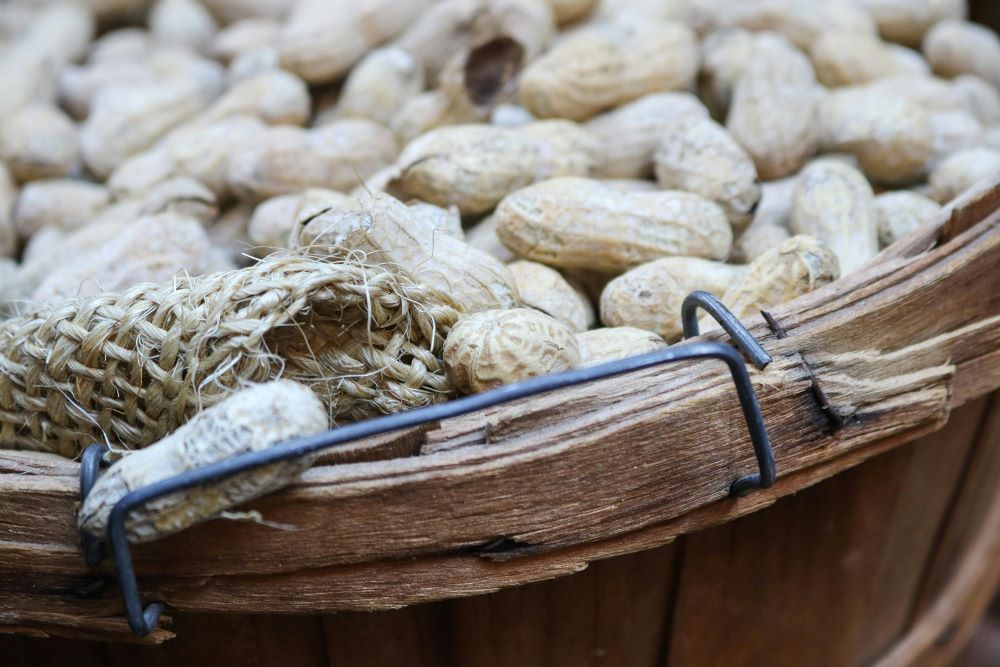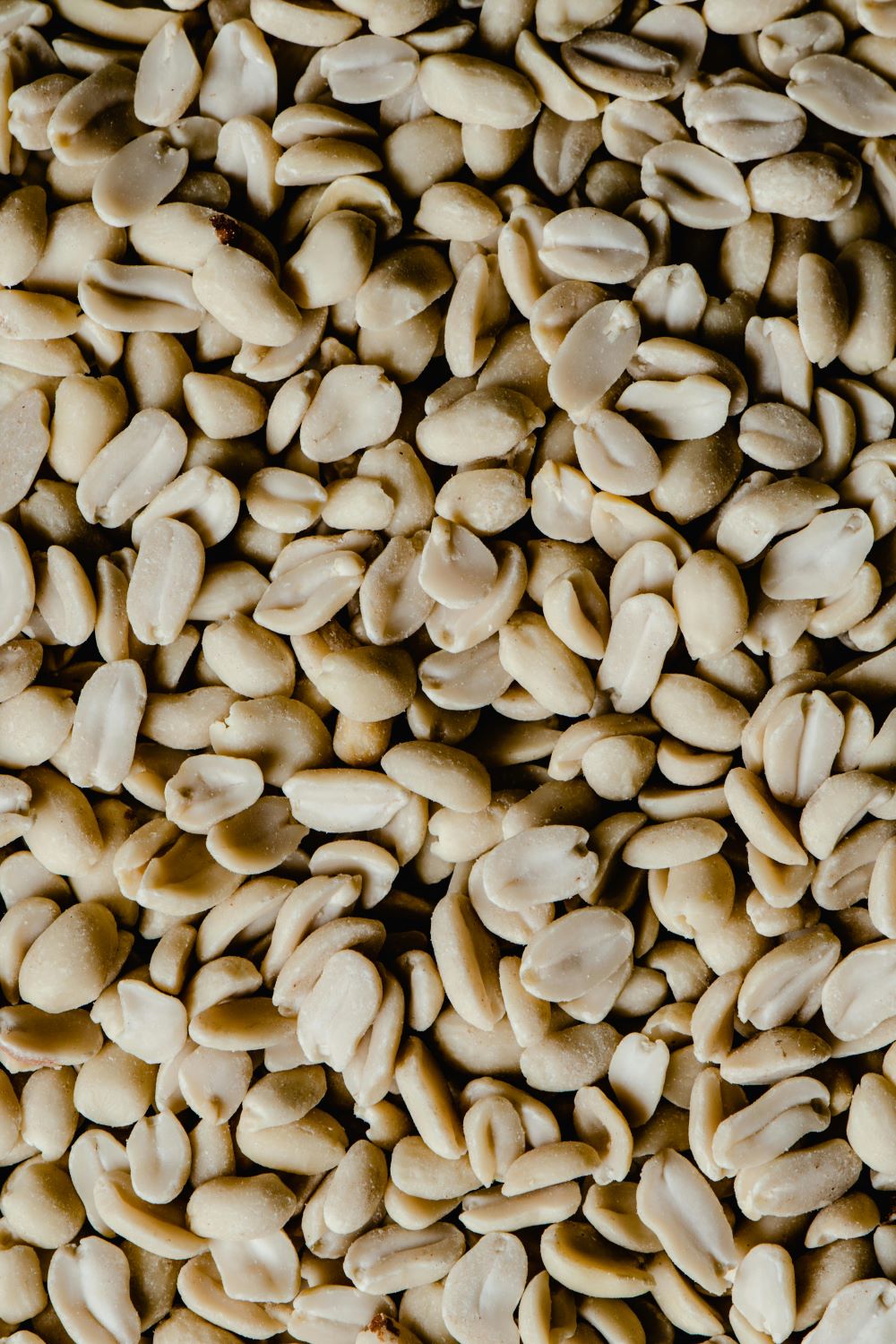Researchers discover consuming peanuts early in life reduces peanut allergy risk, offering lasting protection.
A new study published in NEJM Evidence suggests that regularly feeding young children peanut products throughout infancy could significantly reduce their risk of developing a peanut allergy later in life. Building on previous successful trials, this research provides strong evidence that early peanut consumption can offer lasting protection against this potentially life-threatening condition.
Dr. Jeanne Marrazzo, Director of the National Institute of Allergy and Infectious Diseases (NIAID), which co-funded the study, said that the findings “should reassure parents and caregivers that introducing peanut products to their children according to established guidelines early in infancy can provide long-term defense against peanut allergies,” potentially preventing tens of thousands of peanut allergy cases annually.
The research comes from the LEAP-Trio study, a continuation of the groundbreaking LEAP trial and subsequent LEAP-On study funded by NIAID. The LEAP trial initially demonstrated that early introduction of peanut products in infancy led to an 81% reduction in peanut allergy risk by age five compared to children who avoided peanuts during that period. LEAP-On showed this protection persisted even after peanut avoidance from ages five to six in the originally peanut-consuming group.
LEAP-Trio aimed to determine if this protective effect from early peanut consumption would continue into adolescence, even if children were allowed to choose how much and how often they consumed peanuts.

Nearly 80% of the original LEAP trial participants (508 children) were enrolled in LEAP-Trio at an average age of 13. Half the group belonged to the original peanut consumption group, while the other half belonged to the original peanut avoidance group.
The study revealed that 15.4% of participants from the peanut-avoidance group had developed peanut allergies by age 12 or older, compared to only 4.4% in the peanut-consumption group. This translates to a 71% reduction in peanut allergy risk for those who consumed peanuts early on.
Significantly, the researchers also observed that the amount and frequency of peanut consumption varied considerably within both groups, with periods of no peanut intake. This suggests that the protective effect of early peanut introduction is long-lasting and doesn’t require consistent peanut consumption throughout childhood and early adolescence.
Gideon Lack, professor of pediatric allergy at King’s College London, statedthese findings are promising for preventing peanut allergies, a growing concern worldwide.
For decades, parents were advised to avoid giving peanuts to children with a high allergy risk. However, this research definitively demonstrates the benefits of early exposure. Professor Lack recommends introducing peanuts to babies with eczema (with a higher allergy risk) by four months old and six months for those without eczema.
Peanut allergies can be life-threatening, causing severe reactions upon accidental ingestion. Early identification and treatment are crucial, and this study offers a valuable approach to prevention. Professor Lack emphasizes the “double advantage” of early peanut introduction: preventing most peanut allergies and facilitating earlier identification for those who develop them, allowing for easier treatment.
The study suggests introducing peanut butter or peanut puffs to breastfed babies once they can handle soft foods. The recommended dosage is a heaped teaspoon of peanut butter thrice weekly. While whole or chopped peanuts pose a choking risk, peanut puffs can be ground into a safe paste suitable for infants.
This research paves the way for establishing clear guidelines for early peanut introduction to prevent peanut allergies. With further implementation, this simple dietary intervention has the potential to significantly reduce the burden of peanut allergies on children and families worldwide.
Sources:
Early peanut consumption slashes allergy risk by 71%, landmark study finds
Giving young children peanut products cuts allergy risk, study finds


Join the conversation!